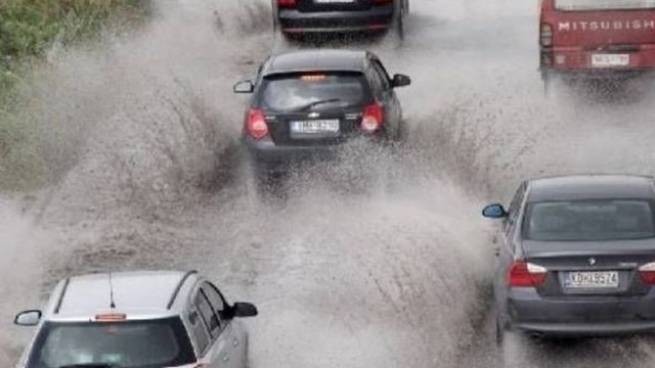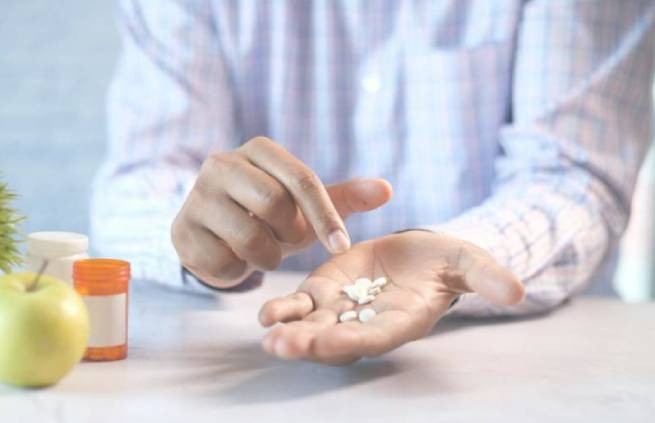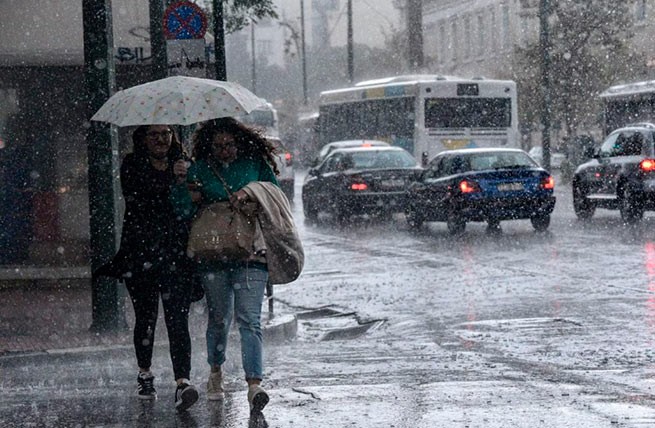Climate change and abnormal drought have led to unprecedented measures to limit water consumption in Europe. The situation is especially difficult in the south.
In the countries of southern Europe, the authorities not only impose restrictions, but in some places even declare a state of emergency. Against the backdrop of heat and lack of rain, the situation is extremely difficult, and the level of water consumption is quite high, leading to the depletion of drinking sources. In order to provide the population with water, the governments of the countries of Southern Europe have called for limiting water consumption to a minimum, but even such measures are not enough in some regions. Water resources expert at the European Environment Agenc (EEA) Nihat Zal says:
“Firstly, it’s about droughts. Secondly, it’s about the amount of water we take from the water supply system.”
In Europe, the expert notes, water consumption by the population is only 9% of the total consumption. The main volume, approximately 60%, goes to the needs of agriculture. How are things in different European countries, he wonders bb.lv
Italy
Particularly affected by the strongest drought in the last 70 years is the north of the country. In more than a hundred cities, authorities have limited the consumption of drinking water. On July 4, the Italian government declared a state of emergency in five regions. Soon they will receive 36 million euros to fight the water crisis. The water level in the Po and Dora Baltea rivers dropped to 1/8 of normal. These streams feed one of the most important agricultural regions in Europe. Drought threatens areas that account for 30% of local agricultural production.
The president of the irrigation organization West Sesia, Stefano Bondesa, has ordered a halt to watering fruit trees and poplars. Perhaps the saved water will save the rice crop, which plays an important role in the economy of the industry.
And the mayor of Italian Verona urgently banned for two months, until the end of August, washing cars, watering gardens, sports grounds and courtyards, filling swimming pools. Watering gardens is allowed only at night. In Pisa, drinking water can only be used “for domestic needs and personal hygiene”, violators will face a fine of 500 euros.
In Milan, all decorative fountains were turned off, and in hairdressing salons, by order of the mayor of the town of Castenaso, they forbade clients to wash their hair twice. According to preliminary estimates, the latest measure will save thousands of liters of water – in a city of 16,000 people, there are 10 hairdressers.
Portugal
Due to the lack of rain, the water level in Portuguese reservoirs was excessively low already in January, so the country began to prepare for restrictions in advance. In February, the government limited the use of the HPP to 2 hours per week. The authorities thus guaranteed that the ten million inhabitants of the country would have enough drinking water for at least two years.
Since the end of May, the drought has established its dominance in 97% of Portugal. If earlier severe droughts happened once every 10 years, now they occur twice as often in the Mediterranean. Experts name the reasons – because of the burning of coal, oil and gas. And some regions did not even know what a drought was before and faced such a disaster for the first time in a thousand years.
The Association of Irrigators of the irrigation perimeter, which includes the cities of Silves, Lagoa and Portimão in the south of the country, has activated a contingency plan to provide water to about 1,800 farms. Irrigation of some agricultural crops has been halved.
Duarte Cordeiro, Minister for Environment and Climate Change, told reporters that despite all the preparations, the country will face consumption restrictions and higher water prices in the future. He urged businesses to fund measures to help deal with the problem. Expert Nihat Zal from the EEA suggests many ways to improve the efficiency of water savings:
“On the way from a reservoir, for example, from a lake to a place of production, an average of 25% of fresh water is lost. If the efficiency of the water supply infrastructure is increased, this opens up huge opportunities for savings.”
Spain
Spain is suffering from an unprecedented drought. It is so strong that two-thirds of the country’s territory is threatened by desertification. Fertile land turns to sand. According to data from the National Weather Service, last winter was the second dryest after 1961. In the north of the country, emergency measures have been taken since February.
In the community of Campelles (Catalonia) have limited the operation of the water supply to a few hours a day. In Vacarisses, located near Barcelona, all reservoirs and wells have dried up. Now there water from the taps flows strictly according to the schedule: from 6 to 10 am and from 8 pm to midnight. These restrictions, along with the timely repair of leaks, helped reduce daily water consumption in a city of 7,000 by 25%.
In Spain, approximately 70% of all fresh water goes to agriculture. Juan Barea, spokesman for Greenpeace Spain, says: “Demand is increasing. Instead of taking action to reduce water consumption, we act like we have it, like Norway or Finland. When we really do, like in North Africa.” .







More Stories
Clearchos Marousakis warns of hail and tornadoes (video)
G. Kallianos: “24-hour bad weather with rain and downpours”
Dubai has turned into a lake: "This is what we've been waiting for so long"